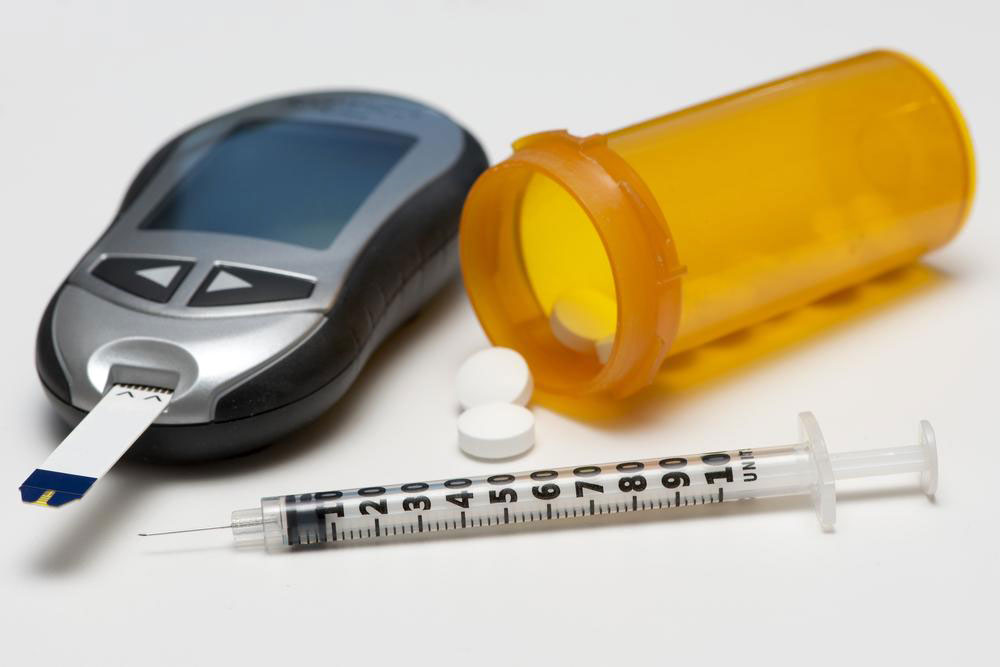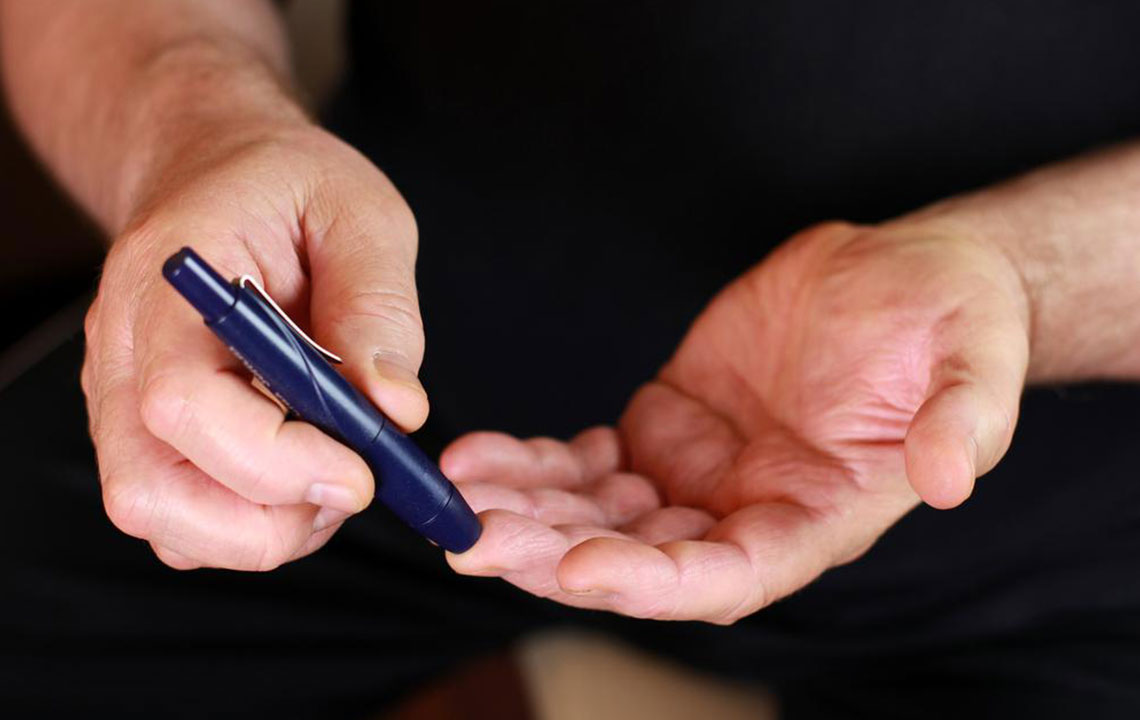Effective Medication Options for Managing Type 2 Diabetes
Explore key medications for managing type 2 diabetes, including insulin, pioglitazone, and acarbose. Learn about their functions, benefits, and potential side effects to make informed health decisions. Proper medical guidance ensures optimal blood sugar control and minimizes risks.
Sponsored

Type 2 diabetes is a widespread condition that often requires medical intervention alongside lifestyle changes. While maintaining a healthy diet and regular exercise are essential, medication plays a crucial role in controlling blood sugar levels. Several treatment options are available to help manage this condition effectively:
Insulin: A primary treatment option when oral medications are insufficient. Usually administered via injection, insulin helps lower blood glucose levels but requires careful guidance from a healthcare provider due to potential side effects like hypoglycemia and weight gain. Combining insulin with other drugs, such as metformin, can mitigate some adverse effects.
Pioglitazone: Belonging to the thiazolidinedione class, this medication enhances insulin sensitivity in body cells, aiding in blood sugar regulation. It is often used alongside other medications but may worsen heart failure symptoms and affect liver health. Regular liver function tests are necessary, and prior medical history should be discussed with your doctor, as side effects can include hypoglycemia and weight gain.
Acarbose: This drug works by slowing carbohydrate absorption in the gut, helping to prevent post-meal blood sugar spikes. It may be used with other treatments but is less favored due to gastrointestinal side effects such as bloating and diarrhea.






